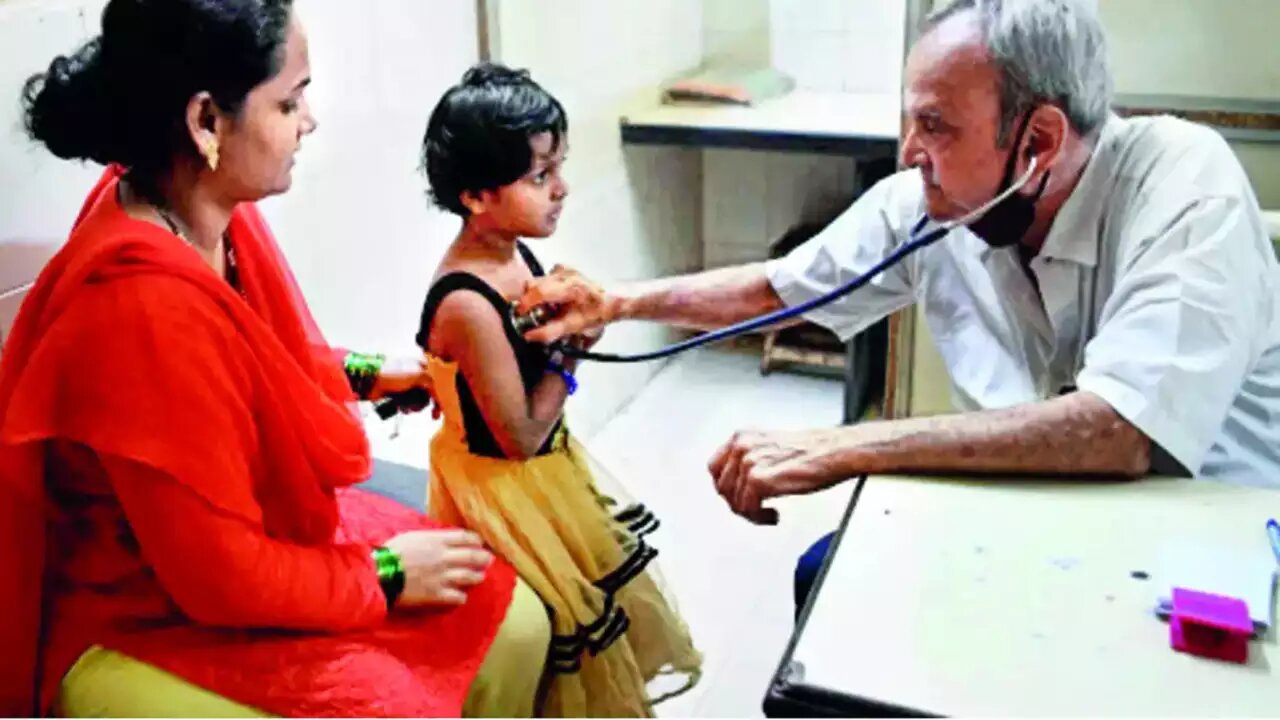In the evolving landscape of modern healthcare, the role of family physicians has undergone significant transformation. Once considered the cornerstone of primary care, family physicians have encountered challenges that have led some to question whether we have lost their presence and significance in the medical field. However, while the nature of their practice may be changing, it's essential to recognize that the essence of family medicine continues to play a vital role in patient care.
A Shifting Healthcare Landscape:
The healthcare industry has witnessed seismic shifts over the past few decades. Advances in medical technology, specialization, and a focus on specific conditions have led to a growing emphasis on specialized care. As a result, many family physicians have found themselves in the midst of this transformation, having to adapt to new norms and demands. The shift towards specialty care, combined with administrative burdens and changing reimbursement models, has influenced the dynamics of family medicine.
Challenges Faced:
Family physicians have faced various challenges that have impacted their numbers and practice. One significant factor is the allure of specialized medicine. Young medical graduates often find specialization more appealing due to the potential for higher earning potential and a perceived narrower scope of practice. The rising burden of administrative tasks, including documentation and billing, has also taken away valuable time from patient care, leading some family physicians to reconsider their career paths.
Dispelling the Notion of Losing Them:
While it might seem that family physicians are dwindling in number and influence, this isn't the complete story. Many family physicians remain dedicated to their roles, providing comprehensive and holistic care to patients of all ages. Their training equips them to address a wide range of health issues, emphasizing preventive care and continuity of care. This holistic approach can often be more effective in managing chronic conditions and maintaining overall wellness.
The Evolving Role:
The evolving role of family physicians also points to a positive shift. Many family physicians are now embracing technology to enhance patient care and streamline administrative tasks. Telemedicine, electronic health records, and remote monitoring have allowed family physicians to expand their reach and offer convenient options for patients. Moreover, the growing emphasis on value-based care aligns with the principles of family medicine, where patient outcomes take precedence over sheer volume.
Collaboration and Integration:
Family physicians are increasingly collaborating with other healthcare professionals, fostering a multidisciplinary approach to patient care. This integration allows them to tap into specialized expertise while still overseeing the patient's overall health. Collaborative care models ensure that patients receive the most suitable and comprehensive treatment plans, thereby maintaining the essence of family medicine in a modern context.
In conclusion, the role of family physicians has evolved in response to the changing healthcare landscape. While challenges and shifts have led some to question their presence, it's important to recognize that family physicians remain a crucial element of primary care. Their ability to offer comprehensive, patient-centered care, coupled with their adaptability to new technologies and collaborative models, underscores their ongoing relevance. Rather than losing family physicians, we are witnessing an evolution that aligns with the broader changes in healthcare, ensuring that patients continue to receive holistic and personalized care.

 Their ability to offer comprehensive, patient-centered care, coupled with their adaptability to new technologies and collaborative models, underscores their ongoing relevance
Their ability to offer comprehensive, patient-centered care, coupled with their adaptability to new technologies and collaborative models, underscores their ongoing relevance









.jpeg)

.jpeg)
.jpeg)
.jpeg)

.jpeg)
.jpeg)
.jpeg)
_(1).jpeg)

_(1)_(1)_(1).jpeg)
.jpeg)
.jpeg)
.jpeg)






